Hong Kong Beverages: Basic Overview
Common Ingredients
Common Preparing Methods
Drinking Etiquette
Influence and Fusion
Hong Kong Beverages: Origin and Region
Cuisine
Culinary Region
Cuisine’s Regions
Classifications of Hong Kong Beverages
-
Alcoholic Beverages
Local breweries and distilleries craft a variety of alcoholic drinks, from craft beers to Huangjiu, reflecting the city’s cultural heritage.
Whisky is also popular, with many international and local options available.
These drinks are enjoyed year-round in social settings, bars, and restaurants.
-
Non-alcoholic Beverages
Hong Kong’s non-alcoholic drinks mix traditional Chinese and modern flavors. Popular options include Hong Kong-style milk tea, lemon tea, herbal tea.
These beverages are often enjoyed in traditional tea restaurants, called cha chaan tengs, where people gather for meals and conversations.
Hong Kong beverages are a mix of traditional Chinese and Western influences. Tea is essential here, with Hong Kong-style milk tea and Chinese teas being popular choices.
Coffee is also widely enjoyed, especially in Western-style cafes and local diners called cha chaan tengs. The popular “Yuenyeung,” a blend of coffee and milk tea, highlights the city’s inventive spirit.
Other refreshing non-alcoholic options like lemon tea, red bean ice, and soybean milk are favored in the tropical climate.
For alcoholic drinks, Hong Kong features whisky, beers, and traditional Chinese yellow wine, especially popular during festivals and special occasions.
The tastes range from sweet and creamy milk tea to tart and refreshing lemon and Ribena with lemon. Preparation methods often emphasize freshness and balance, using brewing, steeping, and blending techniques.
This guide covers the most popular drinks in Hong Kong, both alcoholic and non-alcoholic. Make sure to read all the way through to see how these beverages pair perfectly with different Hong Kong dishes.
Start reading now!
22 Best Hong Kong Beverages with Filters
Here are 22 of the most popular drinks in Hong Kong, including tea, coffee, milk, and alcoholic options. Use the filter functions to quickly find your favorites.
Hong Kong-style Milk Tea
- Non-Alcoholic
- Street Beverages
Hong Kong-style Milk Tea is a national beverage favored for its creamy and smooth texture. Made from strong black tea leaves and evaporated or sweetened condensed milk, it boasts a rich, full-bodied flavor. You can find this drink in local cafes and open-air food stalls.
Traditionally brewed using a sackcloth bag, it earns the nickname “silk stocking” tea due to its unique brewing method. Enjoyed year-round, this tea is typically served hot during breakfast or afternoon tea, but also enjoyed iced in the summer.
Yuenyeung
- Non-Alcoholic
- Fusion
- Street Beverages
Yuenyeung, or yin yang, is a unique drink that mixes coffee with Hong Kong-style milk tea. This fusion creates a balanced blend of coffee’s robust bitterness and the creamy sweetness of milk tea, perfect for those who love both beverages.
You can enjoy yuenyeung hot or cold, making it a versatile choice year-round, from street stalls to upscale cafes.
Red Bean Ice
- Non-Alcoholic
- Street Beverages
Red bean ice, also called “hung dau bing,” is a popular Hong Kong summer drink. It blends sweetened red beans, rock sugar syrup, and evaporated milk, topped with crushed ice and sometimes vanilla ice cream.
The drink’s flavor is mainly sweet, with nutty notes from the beans and a hint of caramel from the milk. Some variations include coconut milk or different jellies. Enjoyed throughout East Asia, red bean ice is a refreshing treat perfect for hot afternoons or evenings.
Lemon Tea
- Non-Alcoholic
- Street Beverages
Lemon Tea, locally called “ling cha,” is a classic Hong Kong drink, enjoyed both hot and cold. It blends black tea with fresh lemon slices, creating a tart and refreshing flavor. Hot lemon tea is soothing in cooler weather, while iced lemon tea is ideal for hot summer days.
The drink features sharp citrus notes and the robustness of black tea, with some variations, including sugar syrup for added sweetness. A favorite in Hong Kong and beyond, Lemon Tea is enjoyed year-round, commonly served at lunch or as an afternoon pick-me-up.
Ribena with Lemon
- Non-Alcoholic
- Street Beverages
Ribena with lemon, or “ling bun,” mixes the tangy taste of Ribena blackcurrant juice with fresh lemon slices. This drink, which started in the UK, became a hit in Hong Kong’s cafes during the 1990s. It’s sweet, tart, and very refreshing, especially in the summer heat.
Ribena with Lemon is usually served cold over ice and can be enjoyed throughout the year. Some like to add soda water for a fizzy version. It’s popular not just in Hong Kong but also in Southeast Asia and the UK.
Hot Coke with Lemon and Ginger
- Non-Alcoholic
- Street Beverages
Hot coke with lemon and ginger, known as “yit geung ling lok” in Hong Kong, is a comforting drink believed to help with cold symptoms. This beverage mixes the sweet, fizzy taste of Coca-Cola with spicy ginger and tangy lemon, making it both soothing and flavorful.
Usually served hot, it’s particularly enjoyed in colder weather or when someone feels unwell. This drink is popular in Hong Kong and among Chinese communities worldwide, often found in traditional cha chaan tengs and enjoyed during the winter months.
Black Cow
- Non-Alcoholic
- Fusion
- Street Beverages
The black cow, or “hak ngau” in Cantonese, is a popular Hong Kong drink that mixes the sweet fizz of Coca-Cola with the creamy richness of chocolate ice cream. The drink is sweet and fizzy with chocolate undertones, making it a hit with both kids and adults.
Other popular variations are the “white cow” (sprite and vanilla ice cream), “yellow cow” (cream soda and mango ice cream), and “red cow” (ribena and strawberry ice cream). Especially popular in the summer, the black cow is a go-to cooling treat in Hong Kong.
Cream Soda with Milk
- Non-Alcoholic
- Fusion
- Street Beverages
Cream Soda with Milk, or “ngau nai,” is a staple in Hong Kong’s local cafes. This drink combines the fizzy sweetness of cream soda with the rich creaminess of evaporated milk, creating a smooth and sweet beverage with a fizzy texture.
Served cold, it’s especially refreshing during the warmer months. Widely enjoyed in Hong Kong and areas with significant Chinese communities, cream soda with milk is a year-round treat that pairs well with many meals.
Soy Milk
- Non-Alcoholic
- Traditional
Soy milk, or “dou nai,” is a traditional Hong Kong beverage made by soaking and grinding soybeans, then boiling and filtering the mixture. This results in a smooth, creamy drink with a mild, slightly sweet, and nutty flavor.
It’s enjoyed both hot and cold, making it suitable for any season, though it’s particularly popular warm in winter. Found in grocery stores, convenience stores, and households, it’s a versatile drink enjoyed at any time of day.
Brands like Vitasoy offer various flavors, adding to its widespread appeal.
Cha Zau
- Non-Alcoholic
- Traditional
Cha zau, or “caa zau,” is a popular Hong Kong milk tea popular in cha chaan tengs (local cafes). Made with condensed milk instead of sugar, it offers a rich, creamy taste with a smooth texture and a slight caramel undertone.
The robust and creamy flavor has hints of caramel and a slight bitterness from strong black tea. While variations are few, different tea blends can alter the flavor. Enjoyed year-round, hot or cold, cha zau is a staple in Hong Kong dining, perfect for breakfast or an afternoon boost.
Grass Jelly Drink
- Non-Alcoholic
- Traditional
Grass jelly drink, or “leung fan,” is a popular Hong Kong beverage made from the grass jelly plant. The plant is boiled with starch and water to create a jelly-like substance, which is cut into cubes and mixed with sweetened water or syrup.
The drink is mildly sweet with a subtle herbal note and a soft, slightly chewy texture. Enjoyed cold, grass jelly drink is a favorite in Hong Kong and Southeast Asia, especially during hot summer months.
Almond Milk
- Non-Alcoholic
- Traditional
Almond milk, also known as “hang yan nai,” is a staple in Hong Kong made from ground almonds and water, sweetened with sugar and non-dairy creamer. This plant-based drink has a mild, nutty flavor and a smooth, slightly creamy texture.
Consumed widely in Hong Kong and gaining popularity in East Asia and the West, almond milk is typically served chilled and enjoyed year-round, perfect for breakfast or a midday refreshment.
Horlicks
- Non-Alcoholic
- Street Beverages
Horlicks, known as “hor lik” in Hong Kong, is a classic malted milk drink. It has a creamy, slightly sweet taste with malty undertones, commonly enjoyed hot during cooler months or before bed.
Its flavor profile includes sweet, malty notes with hints of caramel and vanilla. There are chocolate and low-sugar versions available to cater to different tastes. This drink is popular in Hong Kong, India, the UK, and Southeast Asia.
Sugarcane Juice
- Non-Alcoholic
- Street Beverages
- Traditional
Sugarcane juice is a popular Hong Kong street drink known for its refreshing, natural sweetness. Made from freshly pressed sugarcane, it has a smooth, slightly thick texture perfect for hot weather.
The juice is predominantly sweet with grassy and caramel notes, sometimes mixed with lime or ginger for variety. Enjoyed year-round, especially in summer, it’s a favorite in Hong Kong and other warm climates like India and Thailand for its cooling and hydrating effects.
Salty Lemon Soda
- Non-Alcoholic
- Street Beverages
Salty lemon soda is a beloved Hong Kong beverage combining preserved salted lemons with soda water like 7-Up or Sprite. It delivers a refreshing mix of salty, sweet, and sour flavors with a fizzy texture.
This drink’s main taste is a zesty blend of citrus and salt, with a hint of soda sweetness. Found in local cafes and street stalls, it’s a go-to drink for hot weather in Hong Kong and among Chinese communities in Southeast Asia.
Chinese Tea
- Non-Alcoholic
- Traditional
In Hong Kong, Chinese tea, or “cha” (茶), is integral to “yum cha” sessions, where tea is enjoyed with dim sum. Popular types include green, black, oolong, and herbal teas, each with distinct flavors and health benefits.
Green tea is light and floral, black tea is robust and malty, and oolong is a mix of both. Herbal options like chrysanthemum or jasmine offer soothing experiences.
These teas are enjoyed year-round and are vital to social and dining customs, reflecting the rich tea culture and etiquette in Hong Kong.
Herbal Tea
- Non-Alcoholic
- Traditional
Herbal Tea, or leung cha, is a key part of Hong Kong’s culture, made from herbs chosen for their cooling effects. This medicinal drink is especially popular during hot summers, known for its bitter taste and varying secondary flavors from different herbs.
Famous variations include “Twenty-Four Flavours Tea” and “Five-Flower Tea.” Consumed year-round in Hong Kong and Guangdong, leung cha is readily available in herbal tea shops, serving as a remedy for minor health issues and as a health tonic.
Sour Plum Drink
- Non-Alcoholic
- Traditional
Sour plum drink, known as “suanmeitang,” is a traditional Hong Kong drink made from smoked plums and rock sugar, sometimes with hawthorn, licorice, and osmanthus. It combines sweet, tart, and smoky flavors.
This chilled drink is perfect for summer, widely enjoyed in Hong Kong, China, and Taiwan. It’s a popular meal accompaniment during hot weather.
Hawthorn Drink
- Non-Alcoholic
- Traditional
Hawthorn drink, or “shanzha cha,” is a traditional Hong Kong beverage made from hawthorn fruit. It has a tangy, sweet, and slightly tart flavor, often with a smooth texture. Some versions include fruit pulp for added thickness.
Variations might include apples, pears, or other fruits for enhanced flavor and nutrition. Popular in Hong Kong, mainland China, and other Chinese communities, hawthorn drink is enjoyed year-round, especially as a cooling summer refreshment.
Hong Kong Beer
- Alcoholic
- National
Hong Kong beer is a vibrant part of the city’s culinary landscape, offering unique flavors from local breweries. These beers include hoppy IPAs, smooth stouts, and fruity ales, each with distinct taste profiles.
For example, the “Lion Rock Signature Pale Ale” has a complex, refreshing flavor with peach, gooseberry, and resin notes. In contrast, “Yardley Brothers’ Mango Sticky Mango Imperial Gose” combines mango and coconut for a juicy, slightly salty taste.
These beers are locally and internationally enjoyed year-round, especially in areas where craft beer culture thrives. Typically served at breweries, bars, and restaurants, they are a popular choice for evening drinks and social gatherings.
Huangjiu
- Alcoholic
- Traditional
Huangjiu, or “yellow wine,” is a traditional Chinese alcoholic beverage cherished in Hong Kong. Made from grains like rice, wheat, or millet, it offers a smooth texture and complex flavors ranging from sweet to dry.
Notable for its hints of caramel, nuts, and sometimes herbal undertones, Huangjiu is often enjoyed warm, especially in winter, and is often served with meals or used in cooking to enhance dish flavors.
Whisky
- Alcoholic
- National
Whisky, or “whiskey” in some regions, has gained popularity in Hong Kong among both locals and expatriates. This spirit is celebrated for its rich, complex flavors and is enjoyed neat or in sophisticated cocktails.
Popular varieties in Hong Kong include Single Malt Scotch, Bourbon, and Japanese Whisky. Whisky is a year-round favorite, especially in the evening, and is commonly enjoyed at social gatherings and celebrations.
How to Pair Hong Kong Beverages with Food and Dishes?
Here’s a guide to help you pair some of the most popular Hong Kong beverages with suitable dishes:
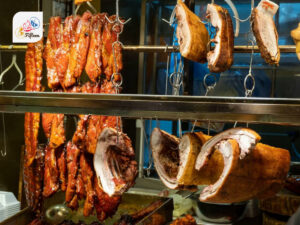
Grilled Dishes
Grilled dishes such as Hong Kong barbecued pork, sui mei, and roast goat are complemented by many Hong Kong drinks. Hong Kong-style milk tea, influenced by British beverage selections, provides a creamy contrast. Green tea and Chrysanthemum tea complement the smoky flavors of the grilled dishes.
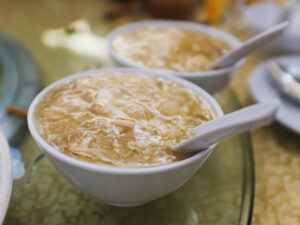
Soups
Usually paired with light and soothing drinks like warm lemon tea, and sugarcane juice. These beverages enhance the warmth and comfort of the soup while aiding digestion, drawing from influences of Asian drinking options.
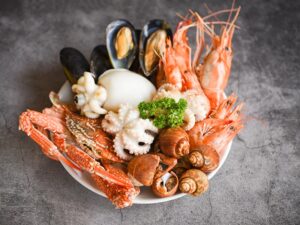
Seafood
Best enjoyed with delicate and crisp drinks such as jasmine tea, oolong tea, and salted lemon soda. These beverages highlight the freshness of the seafood and cleanse the palate.
Rice and Noodle Dishes: Often matched with herbal teas, and red bean soup. These drinks complement the hearty and savory nature of the dishes while adding a subtle sweetness.
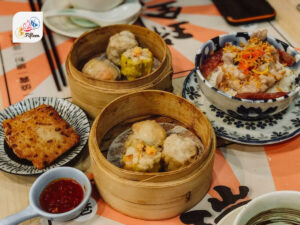
Dim Sum
Typically paired with aromatic herbal teas and Chinese tea. These teas, from Chinese drinking selections, enhance the variety of flavors in the dim sum while aiding digestion and providing a refreshing counterbalance.
By pairing these beverages with the suggested dishes, you can create a harmonious dining experience that highlights the unique flavors and textures of Hong Kong delicacies.
Feeling thirsty? Hong Kong’s beverages are waiting to refresh your palate. Leave a comment on your top picks and explore other fascinating drinks worldwide on our website. Cheers to discovering new flavors!
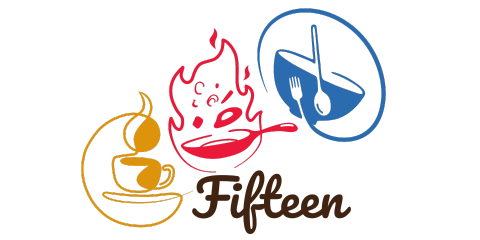



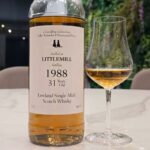
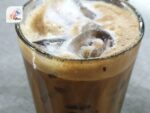

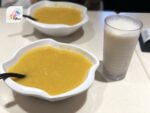
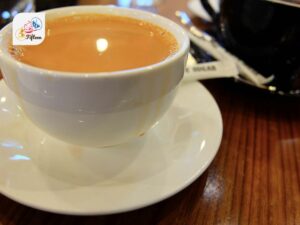
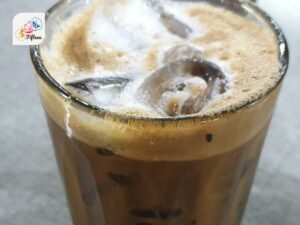
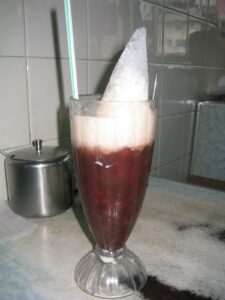
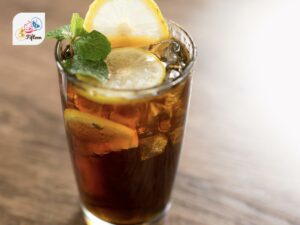
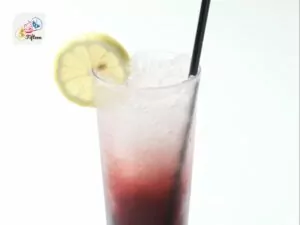
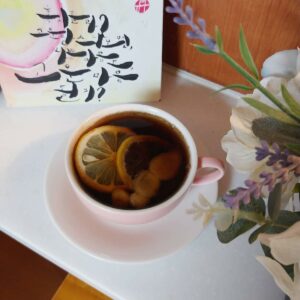
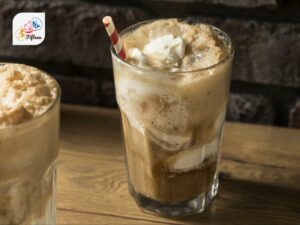
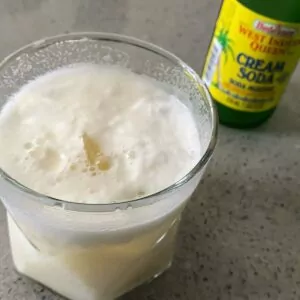
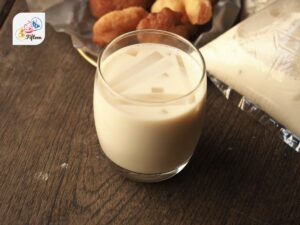
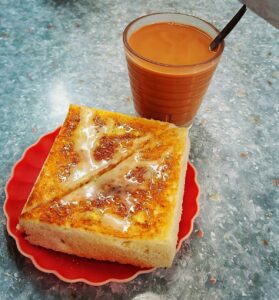
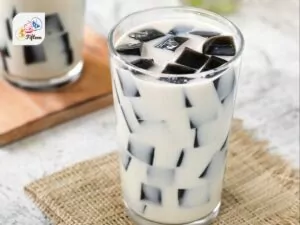
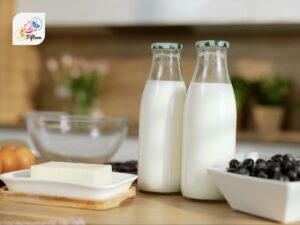
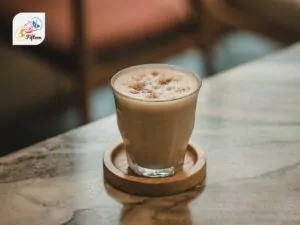
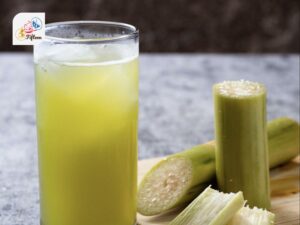
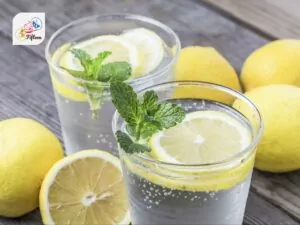
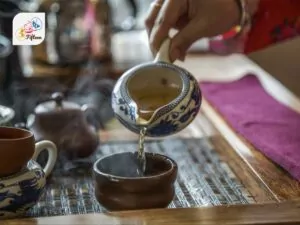
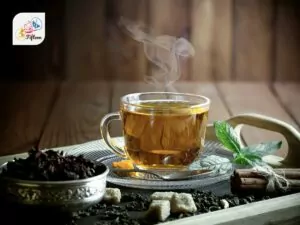
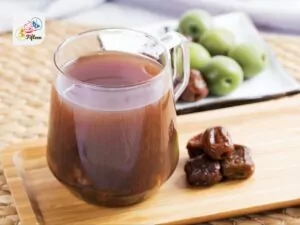
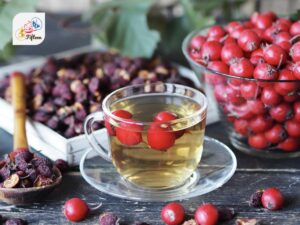
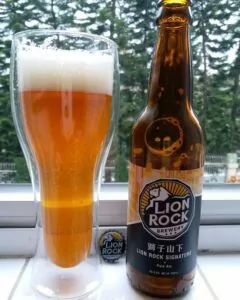
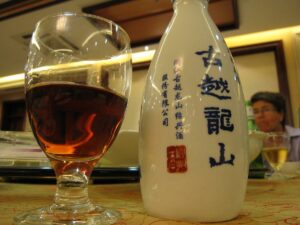
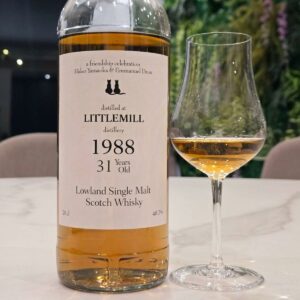
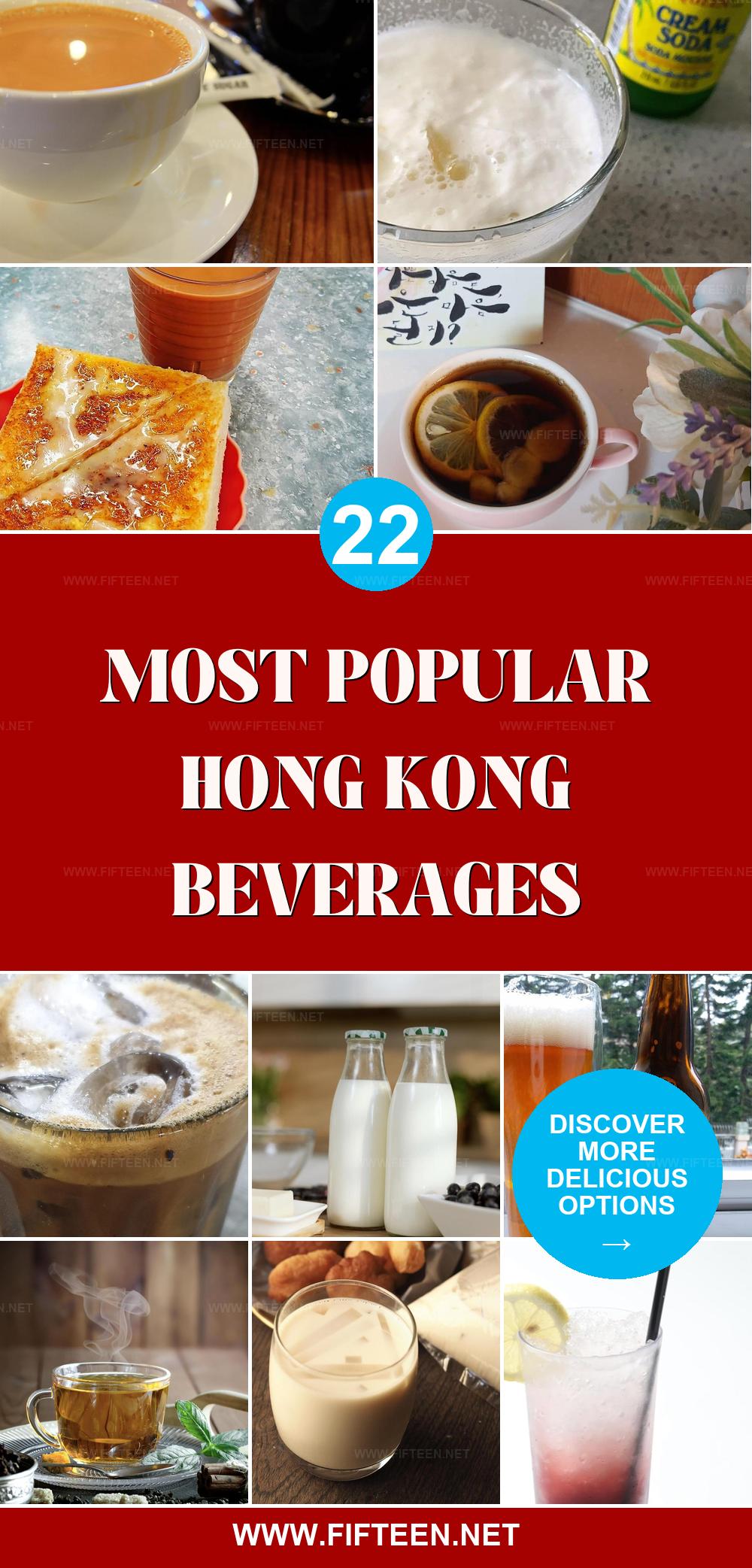
Jamie Scott
Editor in Chief, Senior Content Writer
Expertise
Home Cooking, Meal Planning, Recipe Development, Baking and Pastry, Food Editor, Cooking-video Maker, Western Food Evaluation Expert
Education
Le Cordon Bleu College of Culinary Arts
Local Community College, New York, NY
Jamie Scott is a skilled culinary expert and content creator specializing in Western cuisine. With over 15 years in the culinary field and formal training from Le Cordon Bleu, Paris, Jamie deeply understands how to blend nutrition with delicious flavors. His passion for cooking matches his commitment to making healthy eating accessible and enjoyable.
On Fifteen.net, Jamie brings a fresh perspective to classic dishes and beverages, offering readers insightful recipes, cooking tips, and a fresh view on meal planning that emphasizes taste, health, and simplicity.